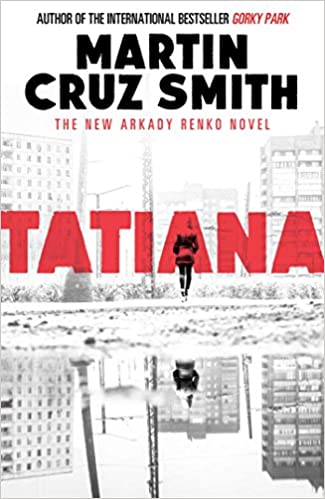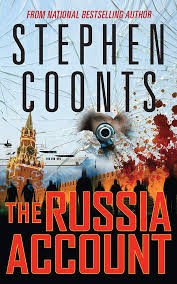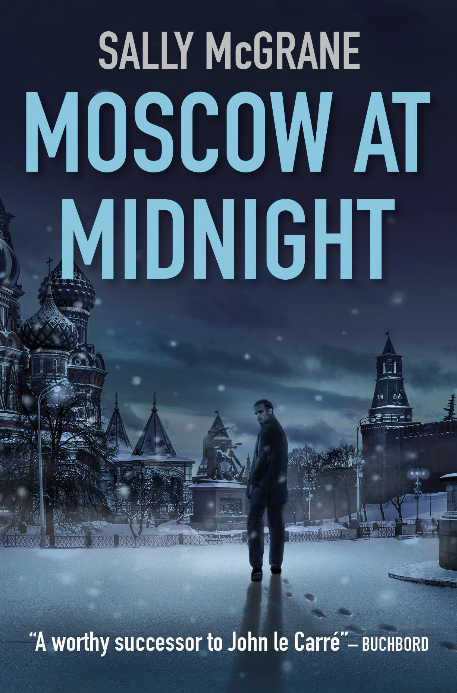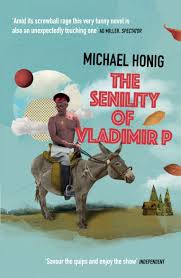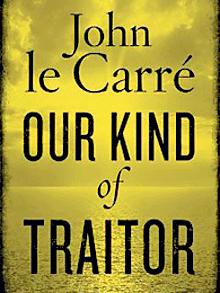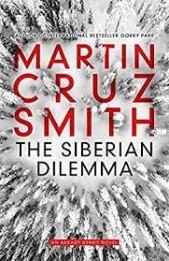
The Siberian Dilemma is the ninth of Martin Cruz Smith’s Arkady Renko novels, published nearly 40 years after the classic first in the series, Gorky Park (1981). Like the other more recent Renko novels, at least since Stalin’s Ghost (2007), The Siberian Dilemma is a relatively short, snappily written work.
It set me musing on two things in particular. It made me wonder what lies behind the shift amongst a number of long-established thriller writers from long and detailed to short and snappy? And, for entirely personal reasons, it reminded me of a meeting with the leader of the Russian Communist Party.
Continue reading